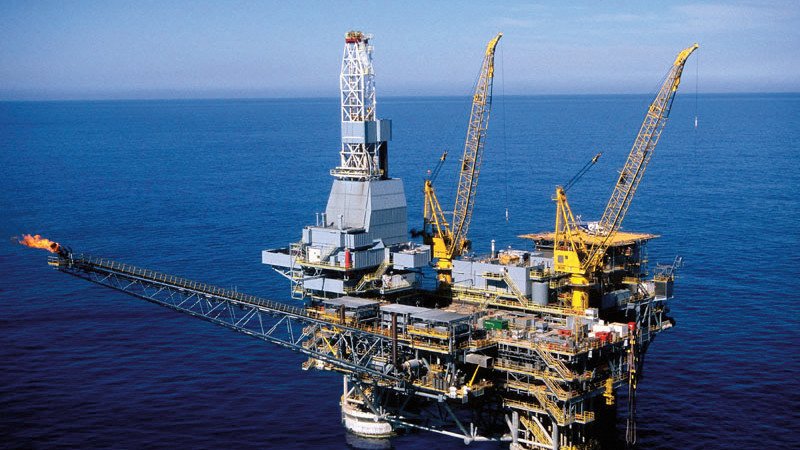Woodside takes reins of Australia’s oldest gas producer
By assuming operating control of east coast’s Australia most important energy source from ExxonMobil, Woodside takes responsibility for the Bass Strait gas production assets and associated gas plants.

Woodside Energy has taken the reins of Bass Strait’s gas fields, paving the way for accelerated development of new wells by east coast Australia’s major energy supplier.
By assuming operating control from ExxonMobil’s Esso Australia, Perth-based Woodside takes responsibility for the Bass Strait gas production assets, the onshore Longford gas plant and Long Island gas liquids processing facility in Victoria, and associated pipelines.
The companies’ equity shares in Bass Strait remain unchanged, as do their rehabilitation obligations.
Sign up to The Nightly's newsletters.
Get the first look at the digital newspaper, curated daily stories and breaking headlines delivered to your inbox.
By continuing you agree to our Terms and Privacy Policy.However, Woodside said the change of operator would unlock $US60 million in savings and hasten the potential development of four new wells that could supply another 200 petajoules of gas to the east coast gas market.
Woodside shares rose 1.2 per cent to $26.505, valuing the company at $50 billion.
Bass Strait was Australia’s first major oil and gas province, entering production in 1969.
Oil production was discontinued last year, but it still produces up to 700 terajoules of gas a day, or 40 per cent of east coast demand, through the Longford and Long Island plants.
Woodside, which picked up the Bass Strait interests in its acquisition of BHP Petroleum in 2021, said the change “creates flexibility” to solo develop opportunities that meet its investment targets.
BHP and ExxonMobil have 50 per cent shares in Bass Strait’s mainstay Gippsland joint venture and 32.5 per cent stakes in the Kipper gas project, the last field developed, in 2017. Mitsui owns the balance of Kipper.
“As operator, Woodside will take on the responsibility for asset planning and execution activities, pursuing a value maximisation strategy that targets further production and reliability improvements,” Woodside said.
The move, it said, “will create economies of scale which are expected to realise over $US60 million in synergies for Woodside from Bass Strait after deduction of transition and integration costs”.
The company said the change would also bring “more flexibility to realise future development opportunities”.
“Woodside has identified four potential development wells that could deliver up to 200 petajoules of sales gas to the market,” it said.
The group “can solely develop these opportunities through the Bass Strait infrastructure, subject to further technical maturation and a final investment decision”.
Esso’s withdrawal from the operatorship comes as the Federal Government considers creating a gas reservation on the east coast as part of a review of market rules to prevent supply shortages.
There are fears of looming gas shortfalls on the eastern seaboard, with forecasts pointing to a gap by 2028 without new investment.
While climate critics want gas companies to rule out development of new resources, the Government sees the fossil fuel playing a role as a transition fuel to cleaner energy sources as Australia reduces its dependence on coal-fired power stations.
